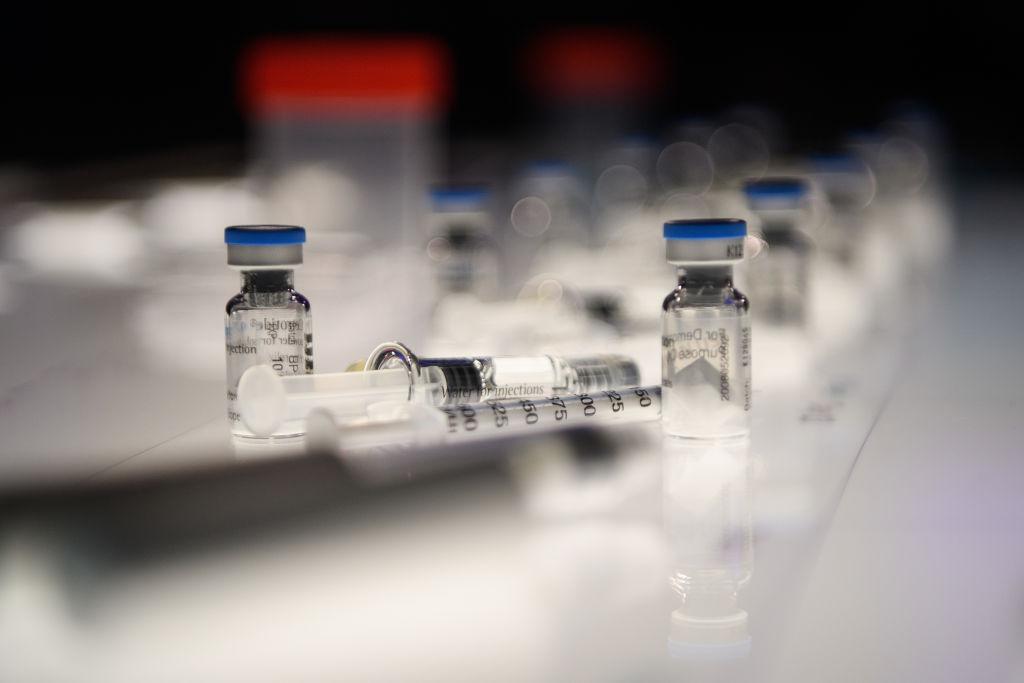Teenagers who were conceived through assisted reproductive technologies, including in vitro fertilization (IVF), may be six times more likely to have hypertension compared to those who were conceived naturally, according to new research.
Researchers from the University Hospital in Bern, Switzerland, said this is the first evidence of its kind.





